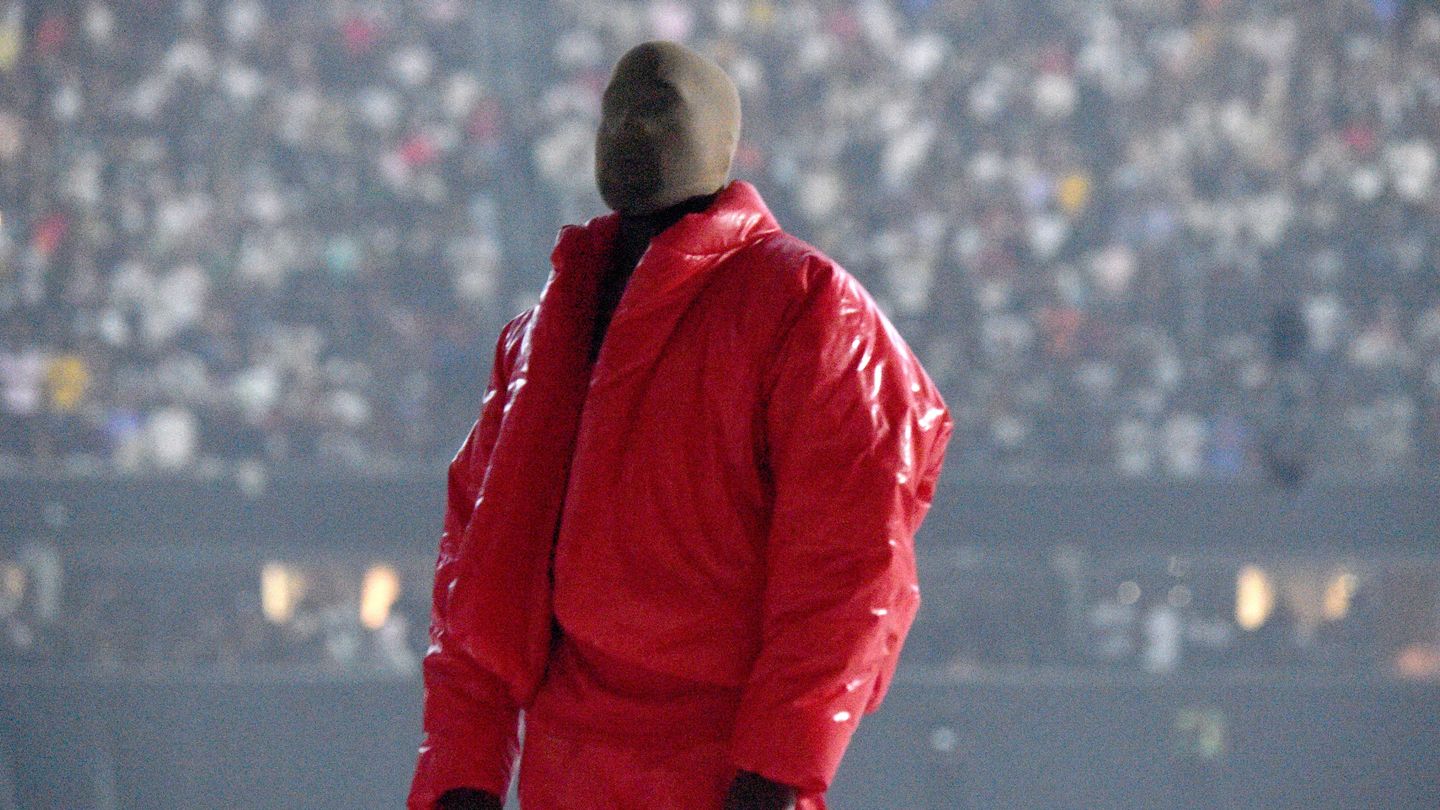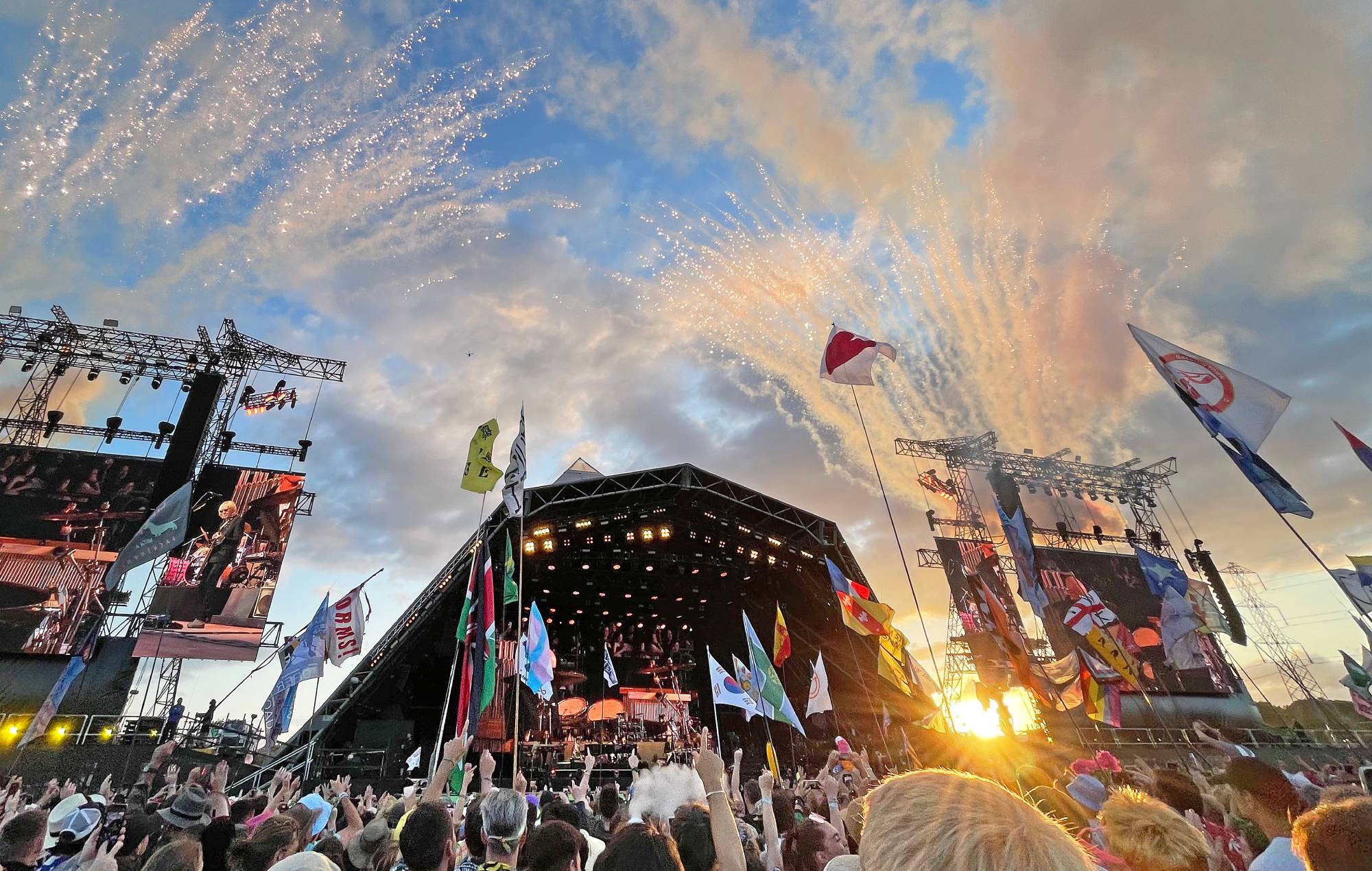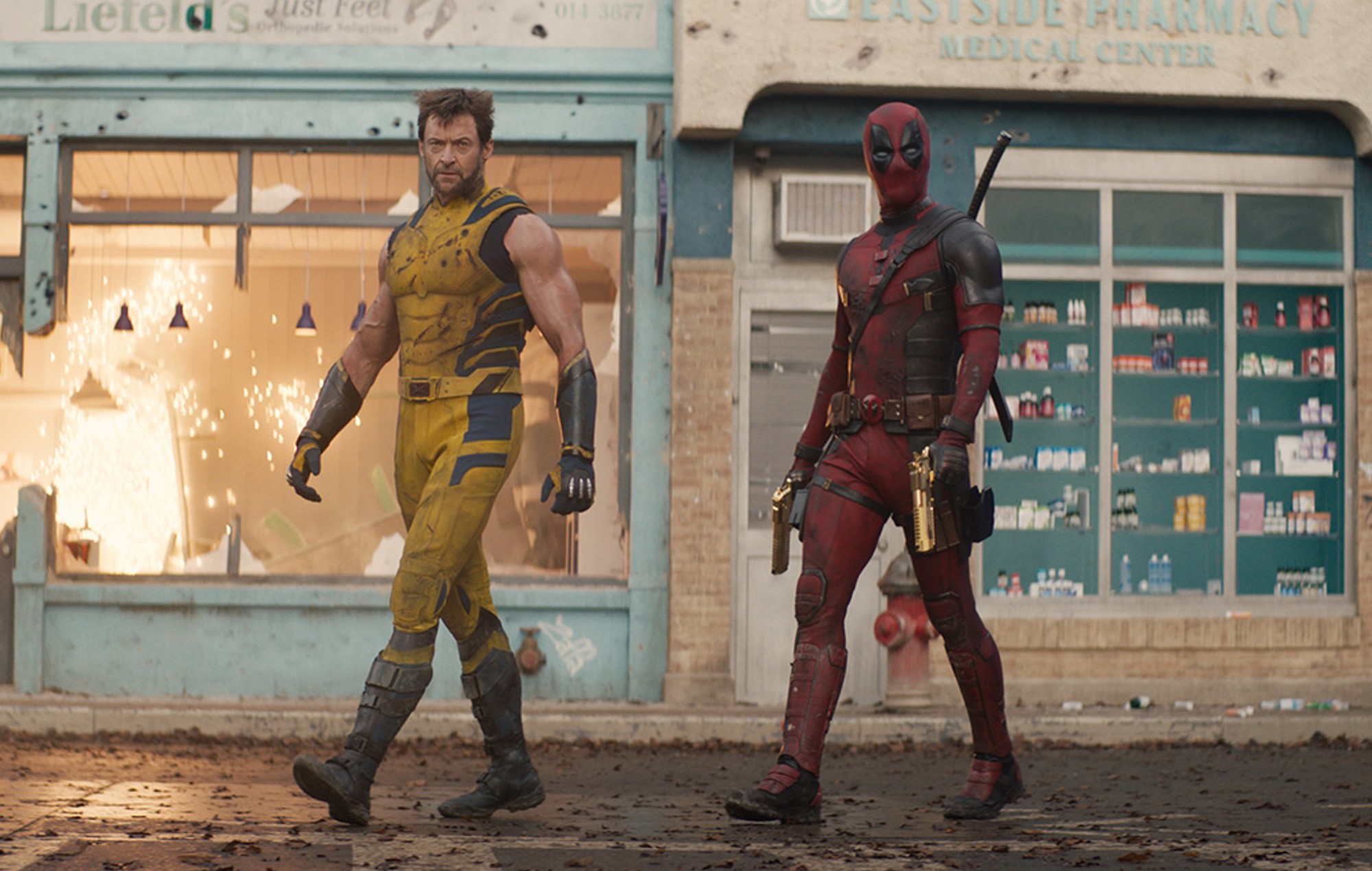By Neima Abdulahi
Kanye West’s decision to host the Donda album listening party in Atlanta, which he did in front of thousands at the city’s massive Mercedes-Benz Stadium on Thursday, July 22, was spiritually symbolic in many ways. As the artist unveiled his first album since 2019’s pair of gospel LPs, the untold story became clear: of Kanye and how the Black Mecca is part of his identity, even though his brand is synonymous with Chicago where he grew up.
The 44-year-old rapper and business mogul was born in Atlanta, home of both Dr. Martin Luther King, Jr. and his late mother, Donda West, during her most transformative years. The city is where she earned a master’s degree from Atlanta University, the historically Black college that was later renamed Clark Atlanta University in 1988. Donda launched her teaching career at Morris Brown College, an HBCU located in the heart of Atlanta in close proximity to the iconic Morehouse and Spelman colleges.
Her lifelong commitment was to increase literacy and decrease the dropout rates of Black youth in marginalized communities. It’s no surprise, then, that her son reserved thousands of tickets for HBCU students to attend the event for free. Kanye’s return to Atlanta is an intentional homecoming to pay homage to his mother’s legacy in the city where his life started.
Mercedes-Benz Stadium has a seating capacity of 71,000. The venue sold out in less than a week for the listening party. It attracted a crowd reflective of hip-hop’s wide reach — fans from all diverse backgrounds and age groups who wanted to get a glimpse into his 10th studio album. During the listening party, Donda’s soothing voice — via audio captured before her 2007 death — played between numerous tracks, intricately woven into the album as a theme of her legacy.
Kanye, often overly extravagant in his artistic vision, left all gimmicks and special appearances out of the main stage, which was left bare and white as snow. He even covered his face throughout the show. This was art in its simplest form, something that everyone in the audience didn’t latch on to. But the die-hard Yeezy fans embraced every track like a sermon. For 48 minutes, he had the stadium’s full attention.
As he played through the album’s runtime, Kanye roamed around the stage, lost in the music and submissive to the melodic tunes. This was about Donda. This was about the therapeutic capabilities of music. He got down on both knees and caressed the ground with his forehead multiple times during the event. Perhaps he was connecting with something bigger than just the music. Perhaps that was his moment with Donda. If heaven had a landline, he would never hang up. And in the last few years, Kanye has launched the Sunday Service series, spiritually displaying how prayer is his greatest wireless plan to connect with his mother.
The first track that played was titled “24.” (Song titles have yet to be officially announced, but a widely circulated tracklist has.) The harmonic chant “we gon’ be OK” repeated over and over again, demanding entrance into the muscle memory of the audience. It seemed like every cell phone had the flashlight turned on, which created a riveting firefly effect throughout the stadium. An audio clip of Donda played after the first song. Her first sentence was, “It feels good to be home.” At this very moment, Atlanta made sense: her beloved home where she tapped into her love for Black Excellence and helped mobilize with the civil rights movement. Donda went on to say, “You know, I am my son’s mother.” This is her way of taking credit for Kanye’s outspoken voice. She raised him to be unapologetically himself and to fearlessly speak his mind with audacity.
 Kevin Mazur/Getty Images for Universal Music Group
Kevin Mazur/Getty Images for Universal Music GroupIn order to truly understand what this album represents, one must understand how the absence of Donda drastically impacted Kanye’s life, from mental health to his family life. Throughout his music career, he rapped about his dear mother, mentioning her in almost every album in some capacity:
“Hey mama, I wanna scream so loud for you / ‘Cause I’m so proud of you.” (2005’s “Hey Mama”)
“My mama couldn’t get through to me” (2007’s “Can’t Tell Me Nothing”)
“I told my mama I was on the come-up.” (2011’s “Made In America”)
“My mama was raised in the era when clean water was only served to the fairer skin” (2013’s “New Slaves”)
The Donda album is his way of paying tribute to her in an entire project, beyond just a few bars scattered throughout his entire catalogue.
The song “Junya” featuring Playboi Carti transmitted an electrifying heavy bass into the stadium. The energy of this track was reminiscent of his innovative chapter after the Graduation album in ‘07-’08, when he started to experiment with different sounds that rebranded his creativity beyond the boundaries of what was traditionally considered hip-hop.
In the fourth verse to the song, Kanye rapped about his beloved birth home: “Born in Atlanta, not Montana. Excuse my manners. I got standards.” This was followed by a powerful reading of the iconic poem written by Chicago’s very own Gwendolyn Brooks, which commanded the audience’s full attention: “Say to the down-keepers, the sun-slappers, the self-soilers, the harmony-hushers… ‘Even if you are not ready for the day. It cannot always be night.’”
Kanye blessed the Atlanta crowd with an anticipated Lil Baby feature during the show. The 26-year-old Atlanta rapper kicked off the reflective track rhyming about the scars he inherited from society: “Early morning. Brainstorming. Normally, I can’t sleep in. Sometimes I just want to restart, but it all deepens.” Lil Baby’s feature is the ultimate homage to Atlanta’s hip-hop community, a city that still feels like, as André 3000 said at the 1995 Source Awards, “The South got something to say.”
Kanye went on to play features with Lil Durk, Roddy Ricch, and the late Pop Smoke. The audience responded with back to back cheers of approval. The song “No Child Left Behind,” teased days before the listening party, sends a powerful message of resiliency. Kanye recruited elite track star Sha’Carri Richardson, who was recently disqualified from Olympic competition, for the song’s commercial during the NBA finals. Making her the face of the song shows the intersectionality between both of their personal tribulations, as Richardson’s mother died a week before the Olympic trials.
The biggest surprise of the night came at the very end of the show, when Jay-Z hopped on the last track. Social media and the crowd exploded at this unexpected reunion. HOV addresses this in his verse, which his recording collaborator Young Guru tweeted was recorded just hours before: “This might be the return of The Throne,” a reference to their 2011 collaboration album Watch The Throne. Could this mean a sequel? The moguls have not collaborated on a track since then, following numerous reports of a feud between them, something Jay seems to nod to as well, rapping, “I told him to stop all that red cap, we going home.”
In less than 50 minutes, the show ended with no grand indication that it was over. Kanye didn’t speak directly to the crowd during the listening party. He didn’t bring out anyone to share the space with him. He didn’t hold a microphone to perform the songs. Everything played through the speakers, like a typical listening party — except the venue was the largest one in Atlanta.
If attendees came expecting the kind of typically extravagant Kanye show he’s known for, they would be sadly disappointed. If attendees came to witness his testimony, they would get a glimpse into Kanye’s vulnerability and journey of healing in real time.
“I told my mama I was on the come-up,” Kanye rapped on Watch the Throne’s “Made in America” back in 2011. Life after the come-up hasn’t been easy for Kanye, especially after losing his mother. But with grief, you never truly move on. You just learn to move forward with the pain. Yeezy may be a world-renowned brand, but he only had one birth home — Atlanta. The Donda album is a step forward. It could’ve only been unveiled in the city where Donda herself brought him into the world.







